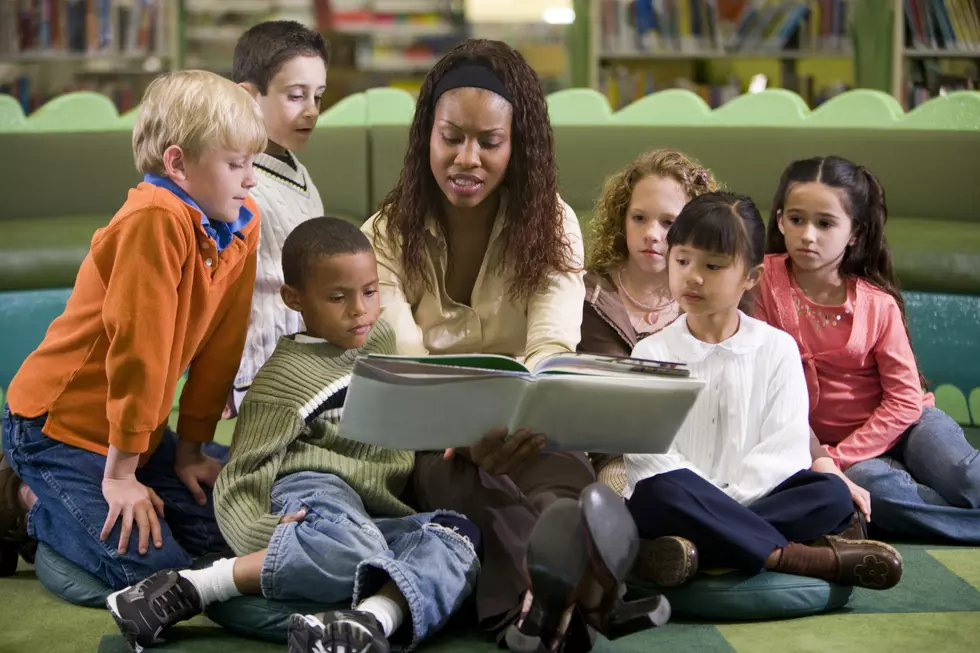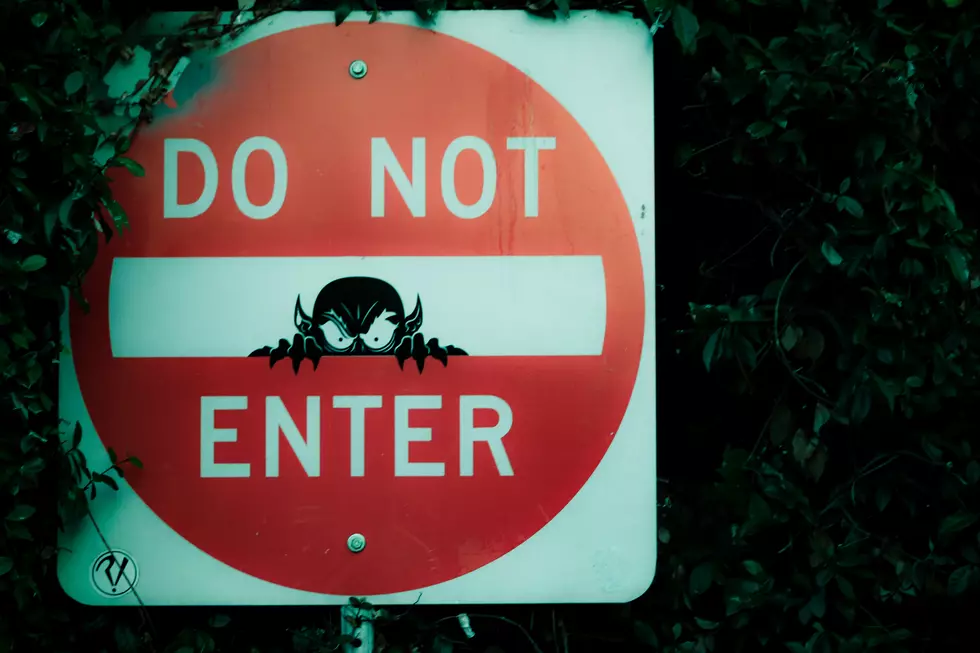
Idaho governor may seek funds for teacher salary increases
BOISE, Idaho (AP) — Idaho Gov. Brad Little may soon introduce a five-year teacher pay plan providing more than $225 million in additional state support to boost teacher salaries, an official said.
A bill could be introduced when the House and Senate education committees complete work on school content standards and other administrative rules, The Lewiston Tribune reported Saturday.
“We’re a week or two away from moving forward,” said Greg Wilson, the governor’s education policy adviser.
The plan is a product of Little’s education task force called “Our Kids, Idaho’s Future.”
The task force met in 2018 and recommended the expansion of a “career ladder” teacher pay plan to include a third pay tier for veteran teachers.
The plan proposed increasing state funding to establish $40,000 annual pay for beginning teachers, $50,000 for mid-level teachers and $60,000 for veteran educators.
The governor’s plan mirrors the recommendation, Wilson said.
“What we’ve been discussing is $60,000 or a little above,” Wilson said.
Wilson noted the current state funding provided to school districts for each teacher at the top of the career ladder is $53,500, even for veteran teachers with master’s degrees. For most teachers, the maximum is $50,000, he said.

If districts want to pay more than that to remain competitive, they must make up the difference.
Although Little supports the task force recommendations, Wilson said the final bill will reflect input from legislators and education stakeholders.
Little hopes to enact the bill during the current legislative session, but will need to overcome legislators’ concerns about fiscal impact and accountability.
Republican House Speaker Scott Bedke said lawmakers have increased K-12 funding by $600 million since 2014, a 45% increase, with much of that going to teacher salaries.
Bedke said he wants to hold teachers accountable for student achievement in return for his support of the salary increases.
“I’d like it if kids were reading at grade level by the end of third grade,” Bedke said. “That would give me something I could point to.”
More From News Radio 1310 KLIX








